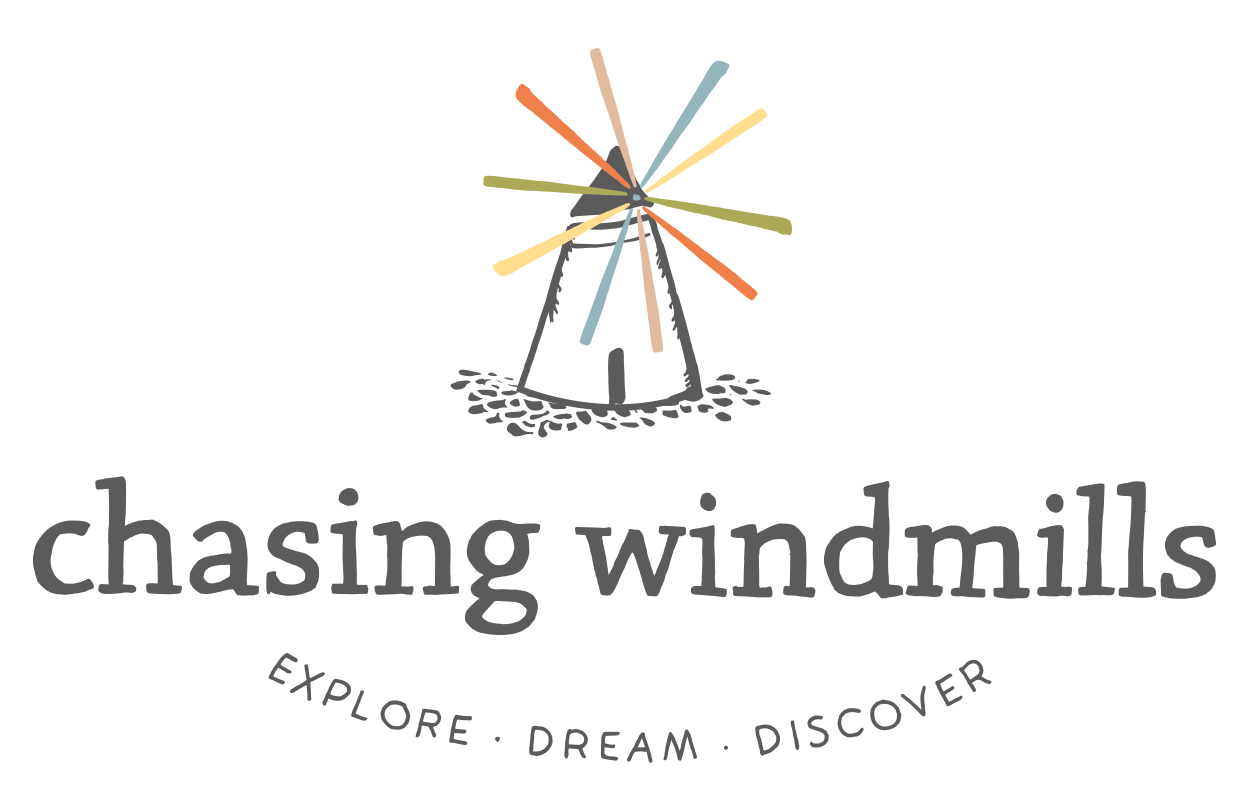“Struggling to generate an answer on your own, even a wrong one, enhances subsequent learning. Socrates was apparently on to something when he forced pupils to generate answers rather than bestowing them. It requires the learner to intentionally sacrifice current performance for future benefit.” - David Epstein, Range: Why Generalists Triumph in a Specialized World.
To put it mildly, parenthood is a big responsibility. We love, nurture, feed, educate, correct, direct, snuggle, prepare, challenge, play, and the list goes on and on. It’s our most important calling—one that we cherish, one that gives us immense joy, but also one that challenges us like none other.
But perhaps as parents, we put too much pressure on ourselves. After all, our children are not empty buckets to be filled by doting parents. While we have much to teach our kids, they also learn incredible skills and acquire knowledge all on their own—all through the wisdom of childhood play.
We must remind ourselves that oftentimes, the most effective learning looks slow at first. Learning requires struggle, trial and error, failing first and then succeeding.
It’s a process that our kids often understand better than us, their parents. As babies and toddlers, they learn how to crawl, walk, and talk without a whole lot of explicit instruction from adults. We encourage their first steps, but it’s really up to them to make those first wobbly attempts.
This process—try and try again—governs much of early childhood. And our kids learn so much about themselves and their world.
But at some point, we stop embracing the struggle; we stop trusting the power of learning from missteps. Instead, we try to organize our children’s lives so they never can possibly fail.
However, as our own kids show us, they learn extremely well through trial and error, through failure and resilience, through testing and re-testing their skills and mettle.
We all want our kids to succeed. But ironically, we must first provide them the freedom to make mistakes, to learn from those mistakes, and to grow stronger and wiser as a result.
It’s an essential rhythm of childhood—not to mention, one of life’s greatest teachers.

